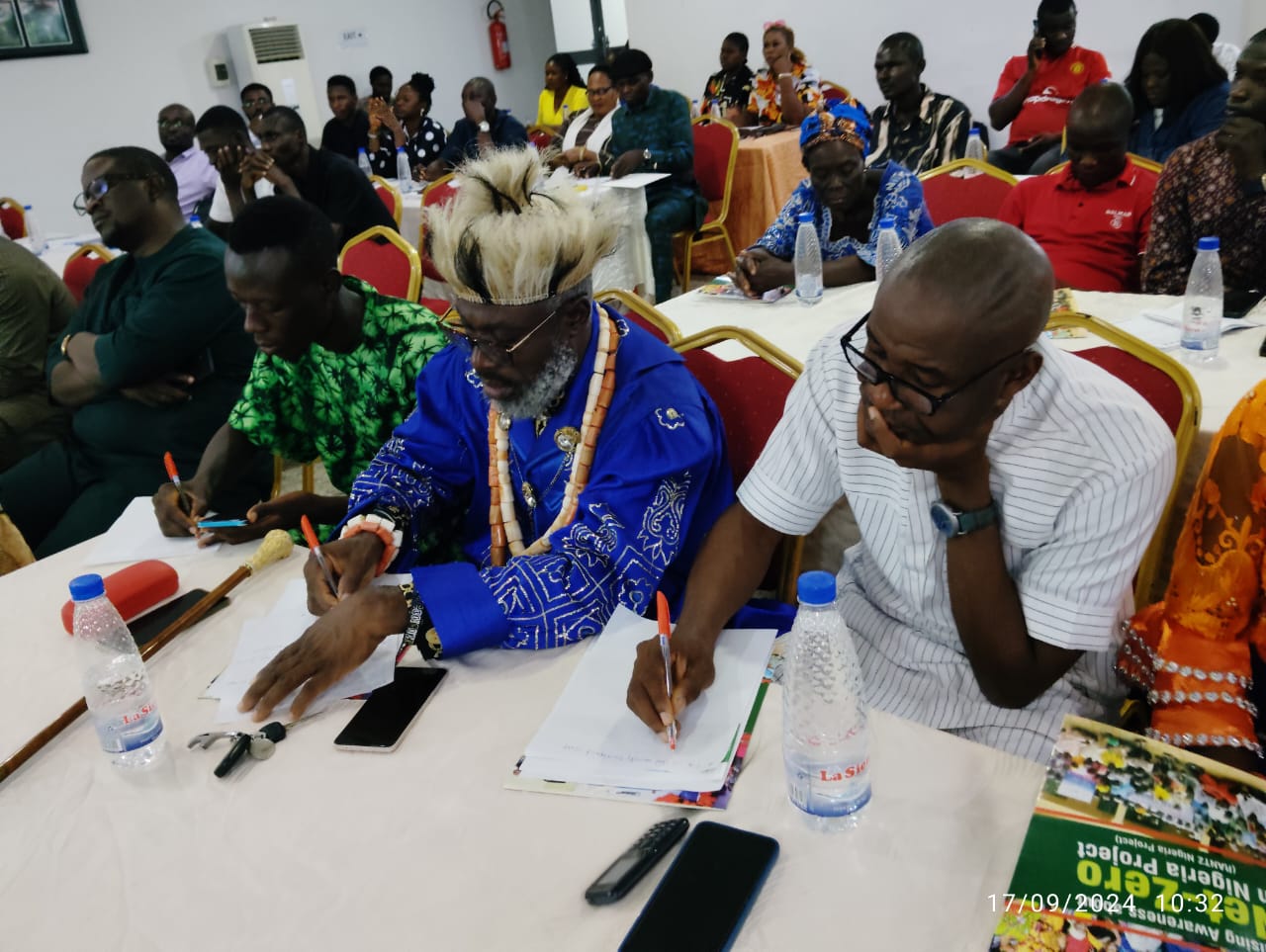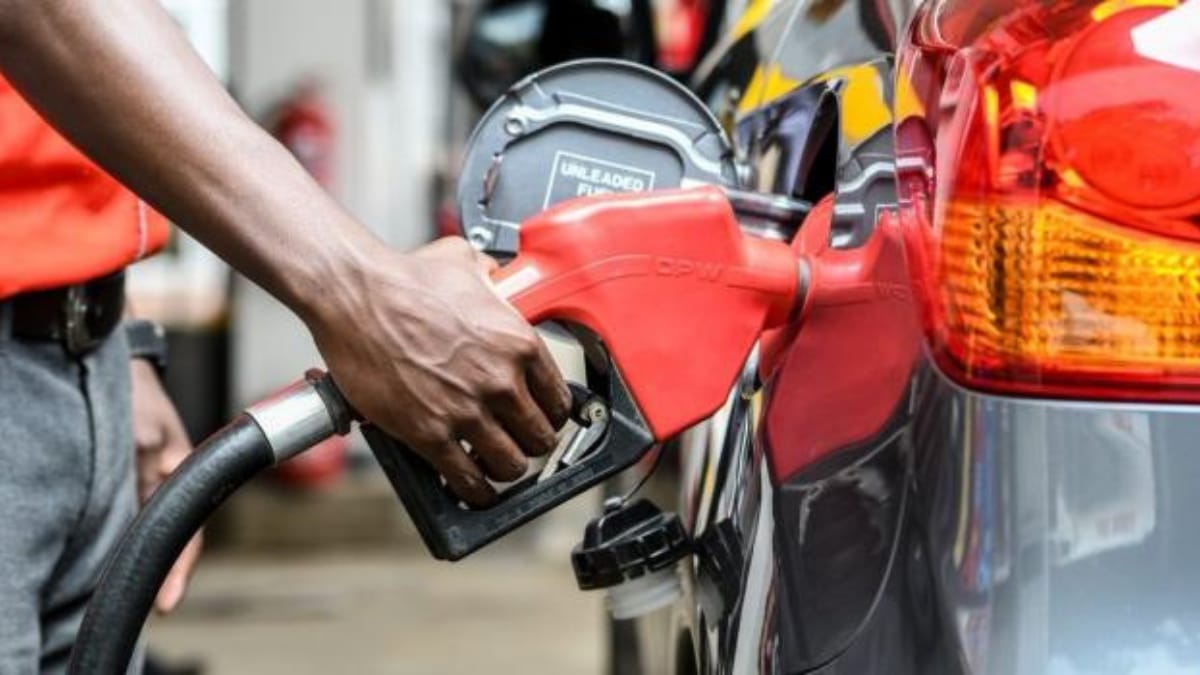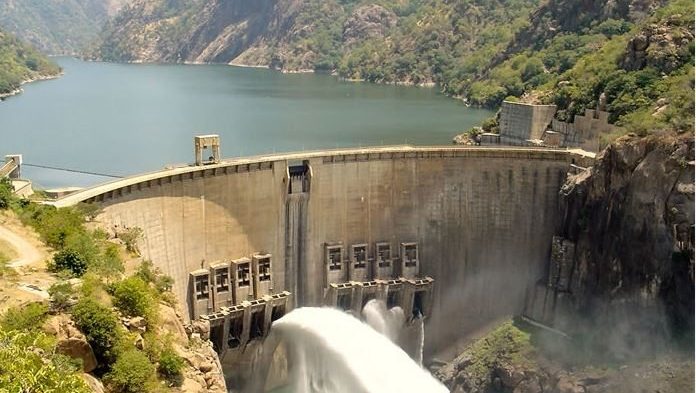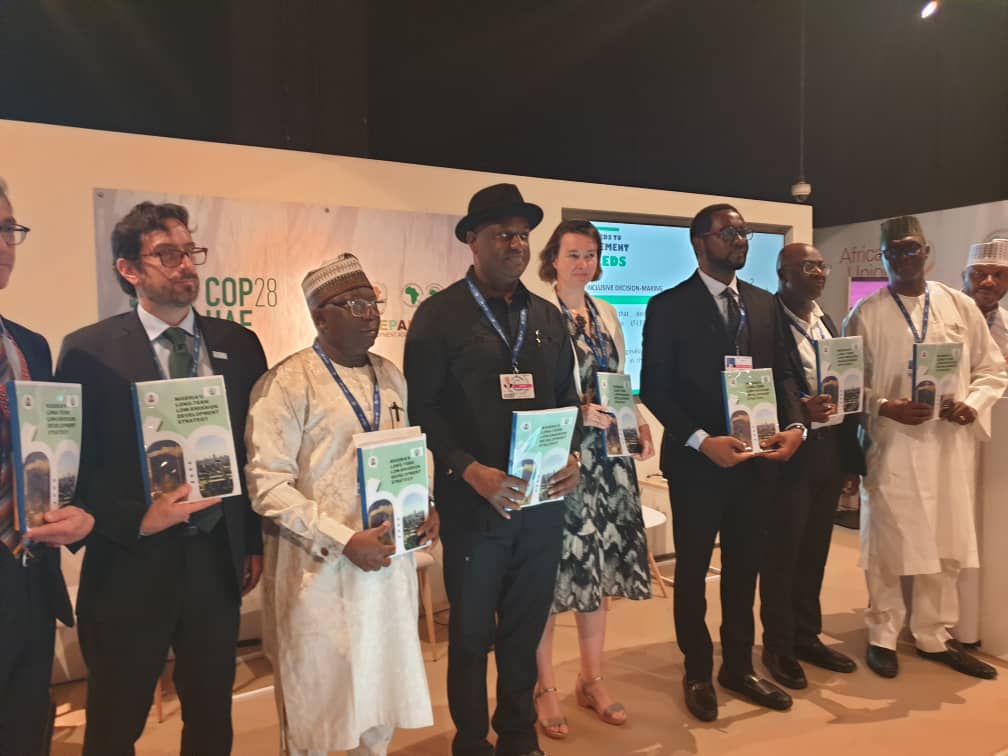Climate Change: Heatwave Scorch Over 100 people to death in Amid of TotalEnergies Activities, Other in Africa – Research Reveals
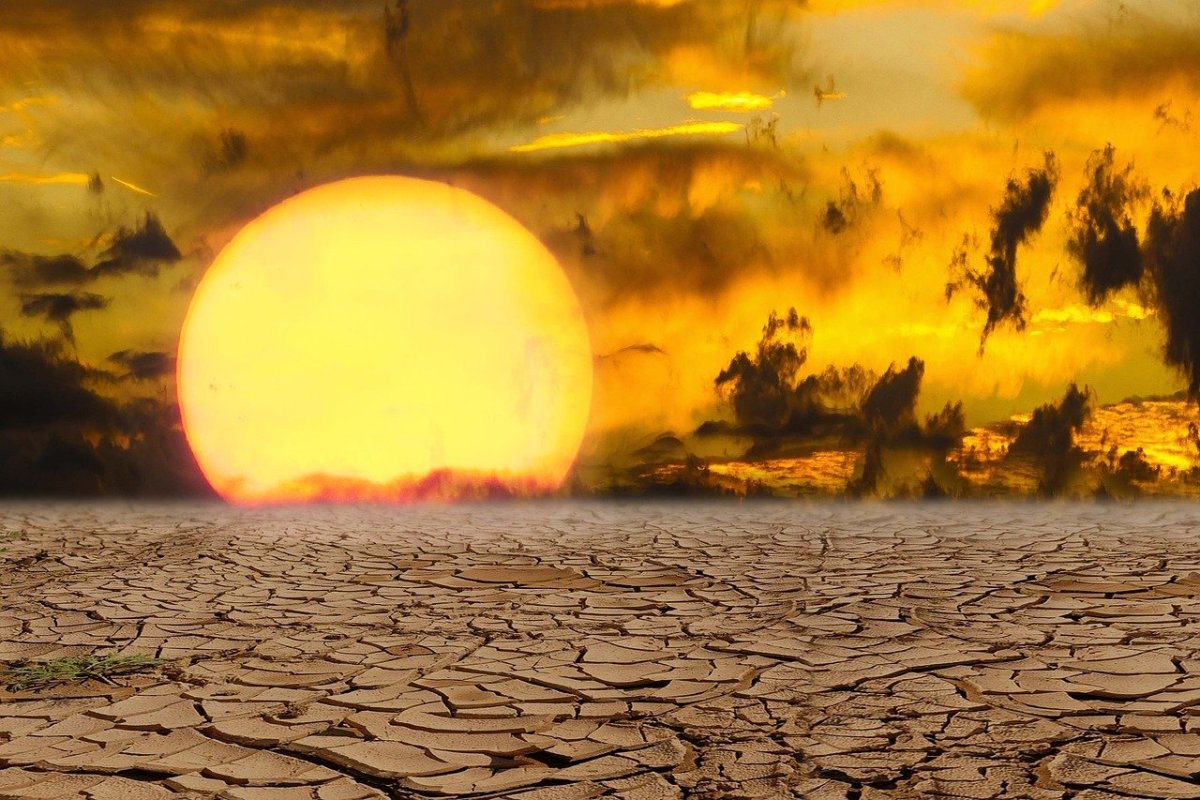
By Fatima Saka
Research has revealed that in a weekend more than hundred people were scorched to death as a result of heat waves in West Africa, generated by Western fossil fuel companies, and TotalEnergies is the largest emitter, responsible for 1% globally out of twenty top emitters.
According to research, this was one of the deadliest heat waves ever to sweep through the Sahel region.
The research quote’s “This unprecedented heatwave serves as a chilling testament to the undeniable correlation between the continued use of fossil fuels and the catastrophic effects of the changing climate.
“These will become increasingly common, and Africa will suffer the worst impacts of climate change,a crisis it is least responsible for. Meanwhile, Western fossil fuel companies continue to exploit Africa for oil and gas resources, most of which end up getting exported. With operations in 15 African countries, France’s TotalEnergies is the largest Western fossil fuel corporation on the continent.
“Total ranks among the world’s top 20 historical CO2 emitters responsible for events like this month’s deadly heatwave, and according to a recent report, is one of just 57 companies who are responsible for 80% of global emissions since the Paris Agreement was signed.”
According to the statement that TotalEnergies is the biggest fossil fuel corporation in Africa. Its operations and profits have come at an enormous cost to communities and the environment across the continent.
The findings stated: “Total is responsible for 1% of global emissions, and is one of 20 corporations that are responsible for a third of all historical emissions. They also have a long history of dramatically underestimating their own emissions, of climate denial, and of greenwashing.
“Despite mounting evidence of its destructive practices, Total continues to expand across Africa, and is currently exploring in 15 African countries. Experts estimate that the total lifetime of emissions from Total’s LNG project in Mozambique alone stand at about 3.3 to 4.5 billion tonnes of carbon dioxide equivalent, more than the combined annual greenhouse gas emissions of all 27 EU countries.
“Total is also building a new East Africa Crude Oil Pipeline (EACOP) which will bring devastating consequences to African lives and livelihoods. A study on the effects of the EACOP by the Climate Accountability Institute (CAI) found that the pipeline will emit 379 million tonnes of carbon dioxide in its 25-year lifetime.
“Besides fuelling the climate crisis, Total’s operations in Africa have had devastating bearing on human rights and environment. Human Rights Watch has reported thatbTotal’s oil projects will displace 100,000 people just in Uganda.
“None of Total’s projects in Africa are compatible with the Paris Climate Agreement of limiting global temperature rise to 1.5C, and as scientists have demonstrated, are already contributing to more destructive heatwaves, floods, cyclones and droughts across the continent.
“TotalEnergies’ quest for Africa’s fossil fuels resources has exerted a heavy toll on Africa’s fragile ecosystems. Oil spills and gas flaring have characterized itsboperations. In 2023, a Total-operated FPSO off the coast of Nigeria spilled more than 100,000 gallons of oil. In Angola, oil spills have devastated coastlines, while gas flaring keeps on polluting the air.”
Meanwhile, Dean Bhekhumuzi Bhebhe, Don’t Gas Africa Campaigns Lead, underscores the latest findings from World Weather Attribution, the devastating the heatwave claiming over 100 lives in Mali this month is a stark manifestation and reminder of the ongoing climate emergency, a crisis fueled significantly by fossil fuel companies like Total Energies.
According to Bhebhe, historically, companies like Total have contributed a staggering 3.1 billion tonnes of CO2 through the burning of oil and gas extracted from Africa.
“This not only illuminates the severe impact of historical emissions, but also highlights the urgent need for systemic change. To forge a path towards a sustainable future, free from the shackles of fossil fuel dependency and neo-colonial influences, it is important that Africa undergoes comprehensive reforms.
“These reforms must aim to promote a rapid and just energy transition across the continent, ensuring resilience against not only extreme heat but also the floods, cyclones, and droughts increasingly plaguing our regions.”
“Romain Ioualalen, Global Policy manager at Oil Change International, said: “Around the world we are seeing record heat, deadly floods, and debilitating droughts – it has never been clearer that we must stop burning fossil fuels if we want a safe, livable planet. And yet, oil and gas companies like TotalEnergies and their government enablers are extracting more and more fossil fuels, expanding their climate-wrecking business,devastating communities and ecosystems in Africa and elsewhere while feigning climate leadership.
“No major oil and gas company is pledging to do the bare minimum to prevent climate chaos. If governments leave the “when” and “how” of the end of oil and gas up to profit-driven executives and tumultuous markets, we are sure to see more and more deadly heat waves like the one Mali is currently experiencing.”

